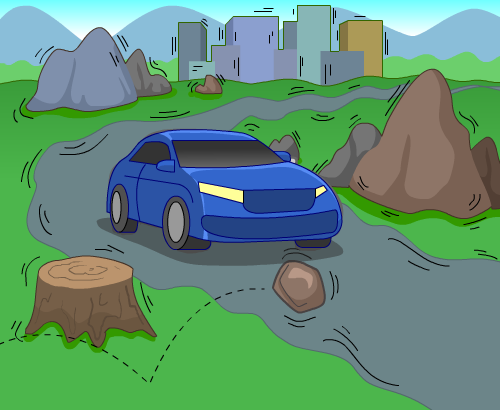There is no warning before an earthquake hits. The effects of an earthquake can become extreme in seconds, so it always helps to be prepared. Following are some earthquake safety tips.
There are several things you can do to prepare your home for an earthquake:
Fasten heavy furniture to a wall or the floor, where possible.
Keep beds away from windows.
Check for glass objects which might fall off walls and shelves.
Keep a battery-operated radio for emergencies.
Collect a box of emergency equipment, such as water, food, a flashlight, medicine, warm clothes and blankets, a whistle, and a cell phone charger.
Think about safe places to take shelter, such as under a strong table or door frame.
Have a plan for how you will communicate with other people in the building.
During an earthquake, you should:
Drop down on your hands and knees immediately, so you don’t fall.
Get under a sturdy object, such as a large table. If there is nothing available, cover your neck and head with your hands and arms.
Hold onto a sturdy object until the shaking stops.
During an earthquake, you should not:
Go outside and stand near buildings or trees or other large objects that may fall.
There are several things you should do after an earthquake happens:
Check for any injuries and seek help if you need medical attention.
Listen to a local radio station for information on the situation.
If your home is damaged, try to get outside, but be careful of downed power lines, broken glass, and other debris.
Expect small earthquakes called aftershocks to follow the main earthquake.
If you are in an area that experiences tsunamis, go inland, and get to higher ground as soon as you can.
